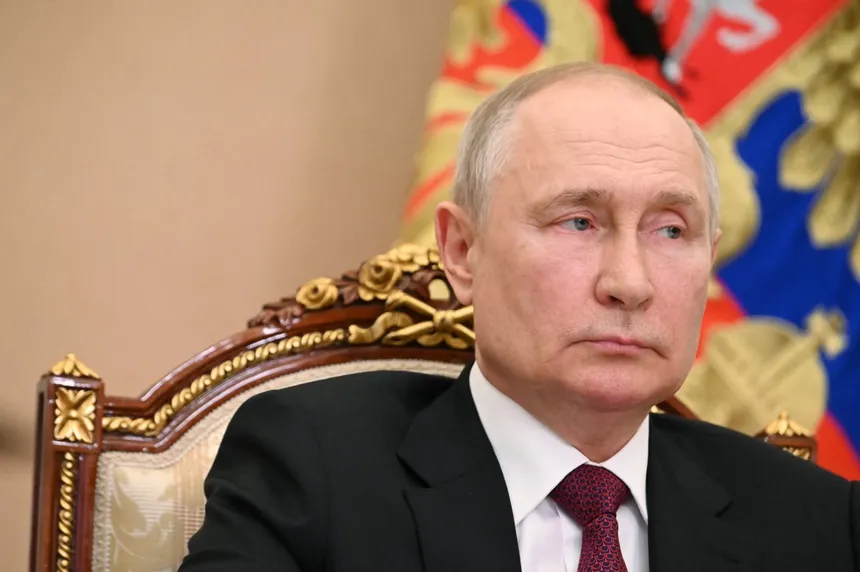Russian President Vladimir Putin has called for the resumption of production of intermediate-range missiles in Russia, which were banned under the now-defunct Intermediate-Range Nuclear Forces (INF) treaty. The INF treaty, signed in the 1980s by then-Soviet leader Mikhail Gorbachev and US President Ronald Reagan, prohibited the development and deployment of ground-based missiles with a range of 500-5,500 kilometers. The treaty was considered an arms control landmark, and its scrapping has been seen as a major step backward in terms of global arms control.
The United States withdrew from the INF treaty in 2019, citing Russian violations. Since then, Russia has not produced intermediate-range missiles, but Putin has stated that this is being reconsidered due to the US deployment of similar missiles to Europe. Putin’s statement comes amidst rising tensions between Russia and the West over the conflict in Ukraine and concerns about possible nuclear attacks.
The INF treaty was seen as a major achievement in arms control, and its scrapping has been widely criticized by arms control advocates. The lack of dialogue on anchoring a successor deal has also raised concerns about the future of arms control. The last remaining arms-control pact between the US and Russia is the New Strategic Arms Reduction Treaty (New START), which limits each country to no more than 1,550 deployed nuclear warheads and 700 deployed missiles and bombers. This treaty is set to expire in 2026, and the lack of progress on a successor deal has raised concerns about the future of nuclear arms control.
In June, Putin spoke to international news executives about Moscow’s use of nuclear weapons, stating that if someone’s actions threaten Russia’s sovereignty and territorial integrity, Russia considers it possible to use all means at its disposal, including nuclear weapons. This statement has been seen as a warning to the US and other Western countries to respect Russia’s security concerns.

Vladimir Putin (Via Vladimir Putin/Twitter)
Russia’s decision to revive intermediate-range missile production is likely to be met with opposition from the US and other Western countries, who view such missiles as destabilizing and a threat to global security. The development and deployment of such missiles could also lead to a destabilizing buildup of arms in the region, which could lead to a new arms race.
Russia’s decision to revive intermediate-range missile production is a significant step backward in terms of global arms control. It is a move that is likely to be met with opposition from the US and other Western countries, and could lead to a destabilizing buildup of arms in the region. The lack of dialogue on anchoring a successor deal to the INF treaty and the lack of progress on a new arms-control agreement are major concerns for arms control advocates.
